May 10, 2023
National Mental Health Awareness Month
As part of our core beliefs, we define wellness as a state of complete physical, mental, spiritual, economic, and social well-being and not merely the absence of disease or infirmity. Society, structural systems, community, neighborhood, and family are collectively responsible for creating an environment of health and wellness. Wellness is personal and not the same for everyone.
Mental well-being and access to mental health services are dominant in our community conversations these days. Recently, we have been focused on identifying upstream opportunities for improving access to mental health services for under-resourced, marginalized communities, with a particular focus on youth and families. While we haven’t yet found the best solutions given all the factors and systems involved, there are several bright spots that we’d like to share with you in this issue.
Regional Partnership: San Diego County Strategic Behavioral Health Initiative
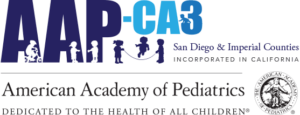 We are pleased to partner with the American Academy of Pediatrics (AAP), Rady Children’s Hospital, Price Philanthropies and The Conrad Prebys Foundation on an emerging initiative to assess current behavioral health resources and needs for children and youth, and develop a roadmap to a comprehensive continuum of care that meets the needs of our children and youth throughout the region, incorporating evidence-based and best practice care models. This will require broad, inclusive engagement of many sectors and organizations in our region. See full job description here for an open Project Manager position to support and guide this work.
We are pleased to partner with the American Academy of Pediatrics (AAP), Rady Children’s Hospital, Price Philanthropies and The Conrad Prebys Foundation on an emerging initiative to assess current behavioral health resources and needs for children and youth, and develop a roadmap to a comprehensive continuum of care that meets the needs of our children and youth throughout the region, incorporating evidence-based and best practice care models. This will require broad, inclusive engagement of many sectors and organizations in our region. See full job description here for an open Project Manager position to support and guide this work.
Urban Restoration Counseling Center (URCC)
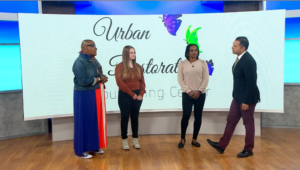 With its bold mission to disrupt the cycle of intergenerational trauma by changing the BIPOC communities’ understanding of mental health and access to mental health resources, URCC’s vision is to make mental health a normal topic of conversation for BIPOC communities. URCC won the AHF 2022 $1 Million Innovative Initiative (i2) Challenge Grant for their innovative approach through their programs: Therapy for ALL and Reset InterGenerational Healing Training (RIGHT) Program. URCC was recently featured in a segment on CBS 8 to highlight their Wheels to Heal event on May 6th. Check it out!
With its bold mission to disrupt the cycle of intergenerational trauma by changing the BIPOC communities’ understanding of mental health and access to mental health resources, URCC’s vision is to make mental health a normal topic of conversation for BIPOC communities. URCC won the AHF 2022 $1 Million Innovative Initiative (i2) Challenge Grant for their innovative approach through their programs: Therapy for ALL and Reset InterGenerational Healing Training (RIGHT) Program. URCC was recently featured in a segment on CBS 8 to highlight their Wheels to Heal event on May 6th. Check it out!
Equitable Research—Inclusive of AAPI Community
 Mental health is a complex and nuanced issue, and there are various factors that can influence the prevalence and manifestation of mental illness in different populations. Due to the stigma surrounding mental illness, most data represent underreported results. Additionally, achieving a data set that is inclusive of many different race and ethnicities is challenging. Taking the inequity in research head on is American Asian/Pacific Islanders in Philanthropy and Amplify AAPI.
Mental health is a complex and nuanced issue, and there are various factors that can influence the prevalence and manifestation of mental illness in different populations. Due to the stigma surrounding mental illness, most data represent underreported results. Additionally, achieving a data set that is inclusive of many different race and ethnicities is challenging. Taking the inequity in research head on is American Asian/Pacific Islanders in Philanthropy and Amplify AAPI.
Recently, American Asian/Pacific Islanders in Philanthropy (AAPIP) and Amplify AAPI produced a webinar with an Asian American, Native Hawaiian, and Pacific Islander (AANHPI) focused panel to discuss a groundbreaking movement to reach a level of equitable research inclusive of the AANHPI communities which will ultimately improve resources, programs, and policies intended to meet the diverse needs of Asian American, Native Hawaiian, and Pacific Islander communities. In case you missed it, the webinar recording: Diversity in Data: AANHPI Inclusion in Survey Research, can be accessed here.
NAMI
 The National Alliance on Mental Illness in San Diego (NAMI San Diego) is one of our community’s key voices on mental illness. They are a part of larger grass-roots, nonprofit national NAMI organization and also an affiliate of NAMI California. At the heart of NAMI San Diego’s mission is the sharing of information and striving to end the stigma associated with mental illness. They offer a Helpline, support groups, educational meetings, newsletters, a lending library, and several classes on mental illness held at various locations throughout San Diego County.
The National Alliance on Mental Illness in San Diego (NAMI San Diego) is one of our community’s key voices on mental illness. They are a part of larger grass-roots, nonprofit national NAMI organization and also an affiliate of NAMI California. At the heart of NAMI San Diego’s mission is the sharing of information and striving to end the stigma associated with mental illness. They offer a Helpline, support groups, educational meetings, newsletters, a lending library, and several classes on mental illness held at various locations throughout San Diego County.
Interfaith Community Services
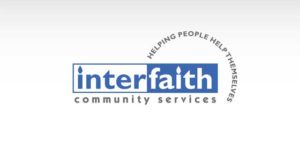 The Interfaith Behavioral Health Workforce Center of Excellence is a five-year pilot program that began this year and provides training, education, and licensure to Interfaith Community Services’ existing and future workforce and enables them to advance in their careers, fill hard-to-recruit behavioral health positions, and develop a sustainable funding model to continue the pilot program beyond the grant term. It is estimated the workers trained at the Center of Excellence will provide services to 31,000 people over the five-year period.
The Interfaith Behavioral Health Workforce Center of Excellence is a five-year pilot program that began this year and provides training, education, and licensure to Interfaith Community Services’ existing and future workforce and enables them to advance in their careers, fill hard-to-recruit behavioral health positions, and develop a sustainable funding model to continue the pilot program beyond the grant term. It is estimated the workers trained at the Center of Excellence will provide services to 31,000 people over the five-year period.
This program is expected to develop apprenticeships and on-the-job training for positions such as Psychiatric Technicians, Marriage and Family Therapists, Licensed Professional Clinical Counselors, Substance Abuse Counselors, Certified Nursing Assistants, Peer Support Specialists, and entry-level Social Workers.
Mental Health America of San Diego County
Mental Health America of San Diego County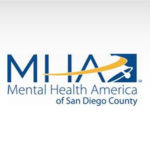 (MHASD), AHF Mission Support grantee, was founded in 1942 as the first mental health advocacy organization in San Diego County. MHASD brings together clients, families, professionals, providers, community leaders, and the public to collaborate, cooperate, and ensure available affordable care to all citizens. Over the years, MHASD has offered numerous programs and services focused on the following four areas: Advocacy, Education, Services, and Research. May 22nd free training: 2-Day Adult Mental Health First Aid Training (in person) includes certification.
(MHASD), AHF Mission Support grantee, was founded in 1942 as the first mental health advocacy organization in San Diego County. MHASD brings together clients, families, professionals, providers, community leaders, and the public to collaborate, cooperate, and ensure available affordable care to all citizens. Over the years, MHASD has offered numerous programs and services focused on the following four areas: Advocacy, Education, Services, and Research. May 22nd free training: 2-Day Adult Mental Health First Aid Training (in person) includes certification.
California Advancing and Innovating Medi-Cal (CalAIM)
CalAIM is a California Medicaid reform initiative that aims to improve health outcomes and address health disparities for Medi-Cal beneficiaries. One of the key components of CalAIM is its focus on improving access to mental health services, by integrating physical and behavioral health services, expanding home and community-based services, investing in workforce development, and improving data sharing and analysis.
is a California Medicaid reform initiative that aims to improve health outcomes and address health disparities for Medi-Cal beneficiaries. One of the key components of CalAIM is its focus on improving access to mental health services, by integrating physical and behavioral health services, expanding home and community-based services, investing in workforce development, and improving data sharing and analysis.
More on San Diego’s Mental Health Crisis
Series of stories in San Diego Union Tribune (SDUT)
 The San Diego Union Tribune has been running a series of stories of how the County’s mental health crisis is being addressed.
The San Diego Union Tribune has been running a series of stories of how the County’s mental health crisis is being addressed.
For a deeper understanding of the impact on the unsheltered, read the SDUT’s minute-by-minute account of an overwhelmed system, “72 Hours: Inside San Diego County’s mental health crisis”
# # #
Related News
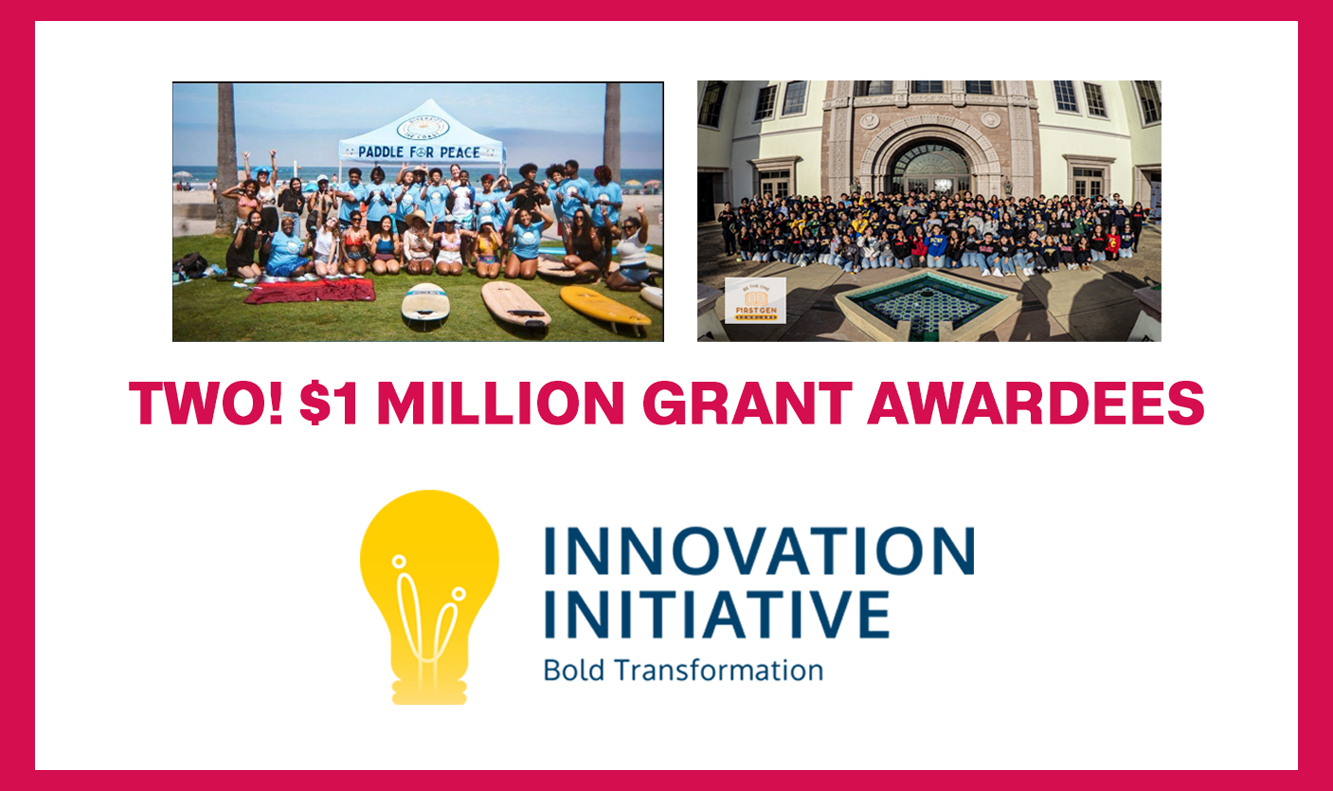
Oct 29, 2025
i2 Awardees Announced
Doubling Our i2 Investment for Transformational Community Change $1 Million [...]
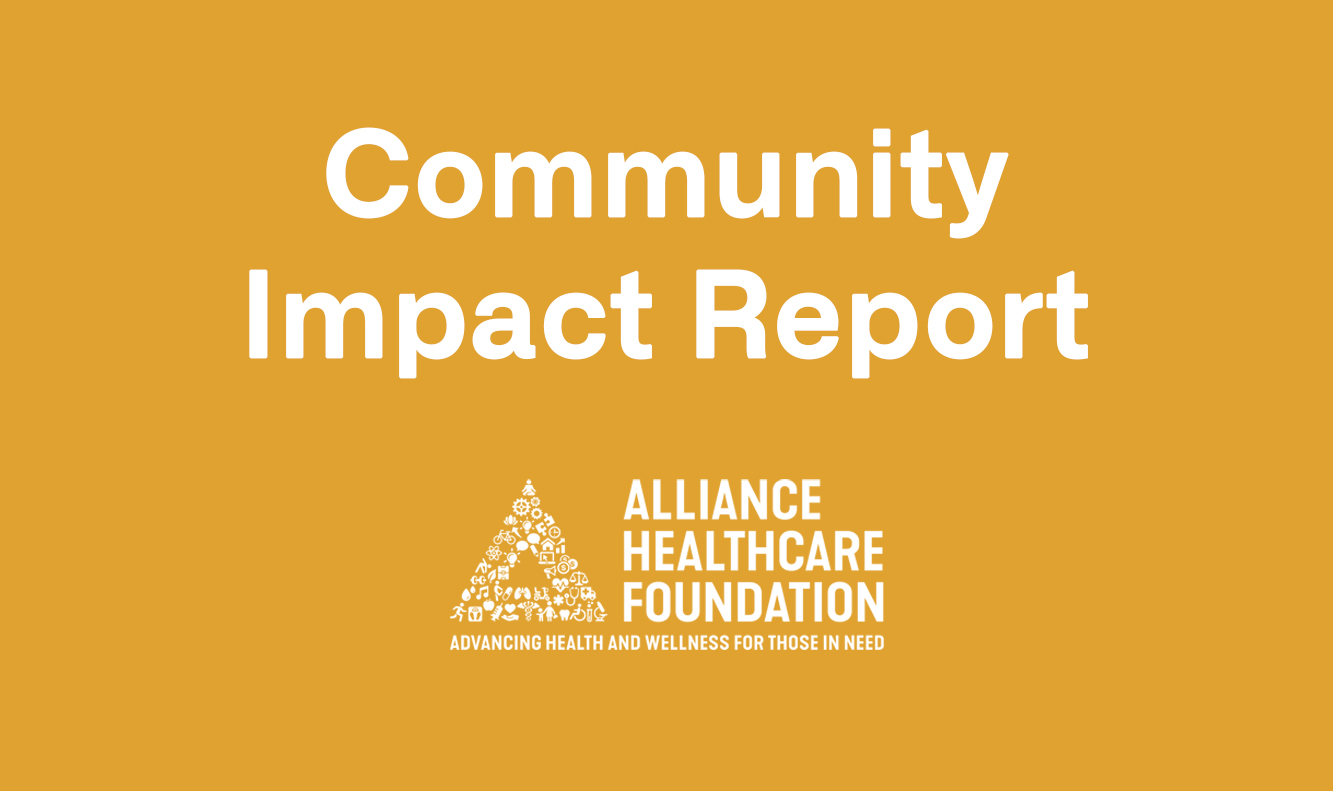
Sep 11, 2025
2025 Community Impact Report
Everyone Deserves a Chance to Be Well AHF Releases its [...]
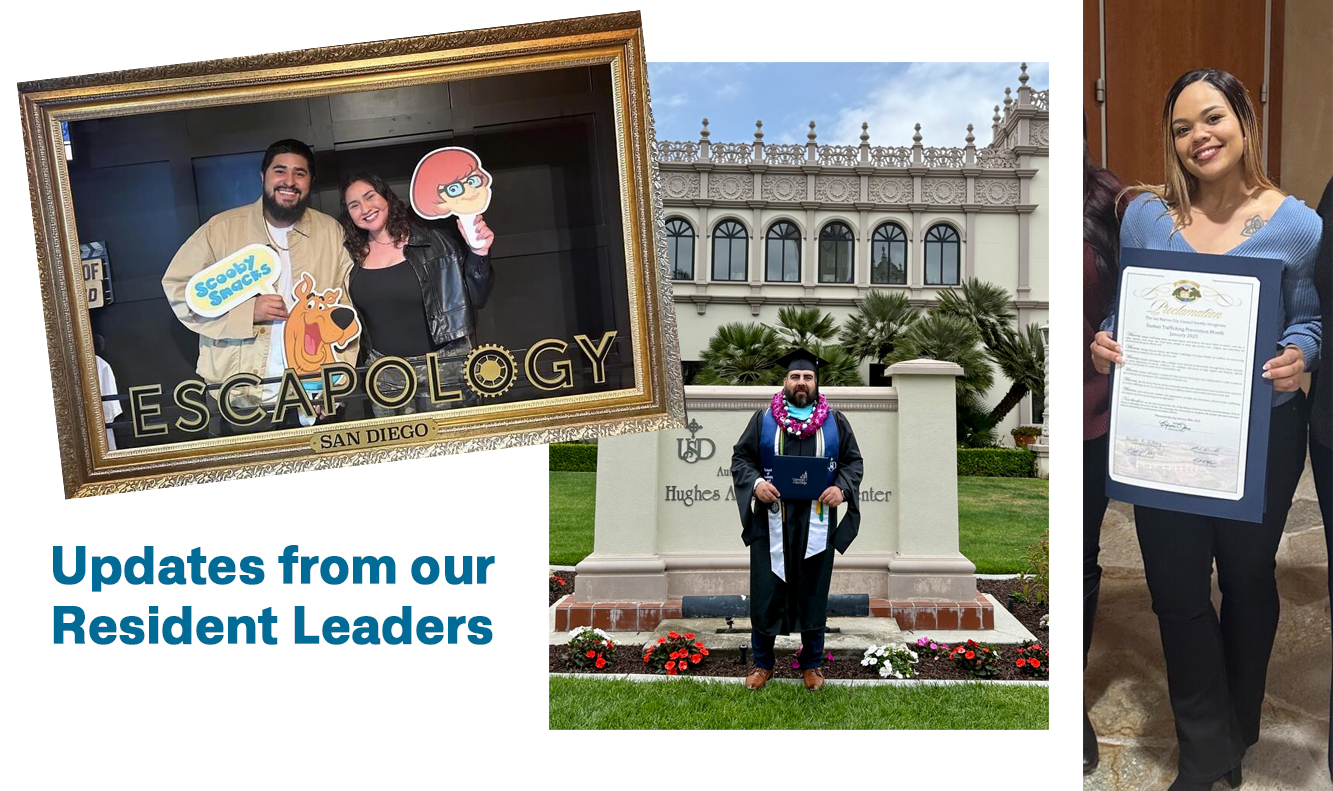
Jul 16, 2025
Resident Leader Spotlights
Celebrating Our Resident Leaders’ Accomplishments We want to take a [...]
